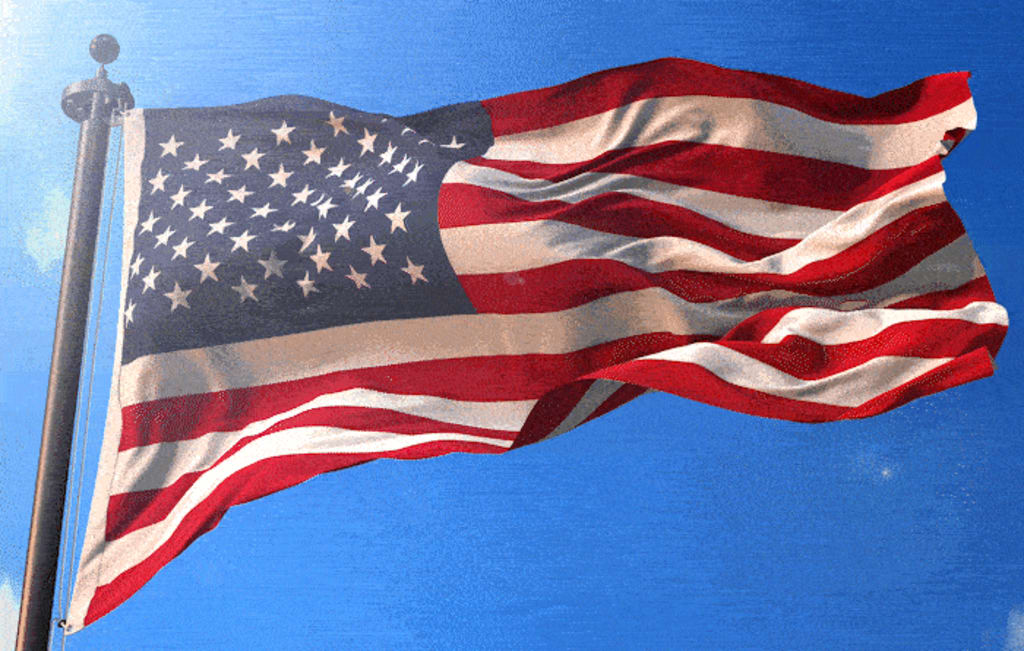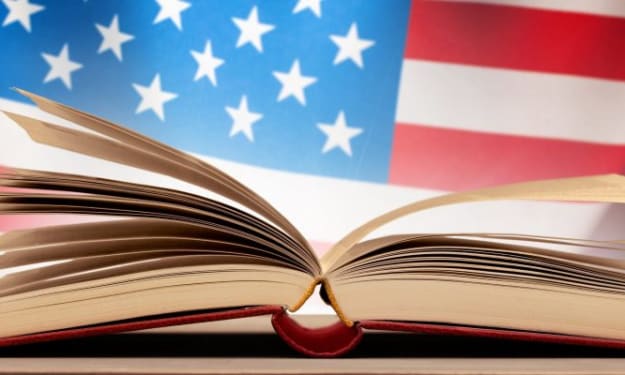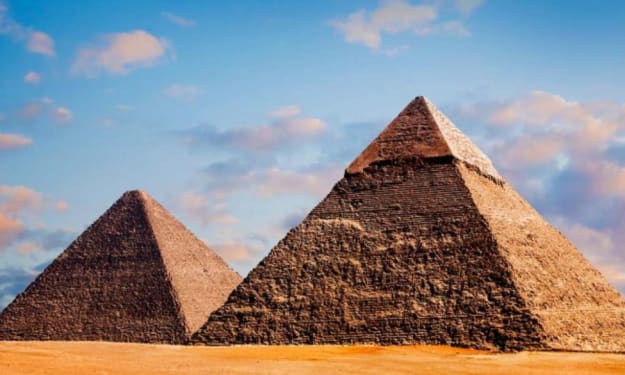
Presentation
While the United States of America arose as a free country in 1776 and earned worldwide respect in 1783, the historical backdrop of these grounds reaches out far more profoundly into the records of time. Centuries before its cutting-edge initiation, the American mainland was home to the primary pilgrims, uncovering a story that rises above hundreds of years. The beginnings of these early occupants remain covered in secret, with speculations recommending movement from Eurasia across the antiquated land span known as Beringia. This scaffold associated Siberia with North America during the ice age, encouraging a relocation that continued for centuries prior to being lowered as the sea rose. In the midst of this excursion through time, we delay to offer thanks to our support, Strike Shadow Legends, for their help in rejuvenating this video.
Old Appearance and Settlement
As far back as quite a while ago, the main human impressions denoted the American landmass. The local people groups, presently all in all known as Local Americans, set out on an excursion whose starting points stay shrouded in the fogs of time. Researchers hypothesize that they moved from Eurasia over the Beringia land span, producing a way that crossed north of ten centuries. Their settlements and societies were continuously created, leading to an embroidery of clans and countries. This period saw the development of unmistakable human advancements, including the Adena, Iroquois, Coles River, Pueblo, and Mississippian societies.
Investigating new skylines
In the domain of American history, Hawaii occupies an unmistakable position. Its settlement started in the principal hundreds of years A.D., when Polynesian wayfarers navigated huge sea breadths to lay out their presence. These early Hawaiians set out on a social excursion that molded the special character of the Hawaiian archipelago.
European Investigation and Colonization
The fifteenth century marked a defining moment as European colonization unfolded. Christopher Columbus, an Italian wayfarer cruising under the Spanish banner, coincidentally found the New World in 1492 while looking for another course to the Far East. This is undeniably the beginning of European expansion across the Americas. Spain laid out its presence through islands like Cuba, Puerto Rico, and Hispaniola, while France made a case for locales in North America and the Caribbean. Portugal got its domain over Brazil. The English, Dutch, and Swedes left their imprint along the eastern seacoast, with the foundation of Jamestown in 1607 making way for future English provinces.
The Seed of Freedom
Notwithstanding early contentions between local Americans and English pilgrims, the provinces experienced quick development, turning into the pot of a thriving country. Every settlement flaunted a particular administration structure, with a lead representative named from London directing the organization. In any case, as the eighteenth century advanced, tensions stewed. The Stamp Demonstration of 1765, forcing charges without provincial assent, lighted cries of "no imposing taxes without any political benefit. These complaints combine in the Main Mainland Congress to form a unified front against English mistreatment.
The flash of upset
By the mid-1770s, the Boston casual get-together in 1773 put into high gear a progression of occasions that prompted the Second Mainland Congress. This body coordinated protection against English powers, changing the states into a unified opposition. The Progressive Conflict started in 1775 with fights that ended with the announcement of freedom in 1776. The settlements, presently the United States of America, achieved triumph with global help, laying down a good foundation for themselves as a sovereign country.
Regional Extension and Development
The nineteenth century proclaimed financial development, modern development, and a westward extension. The Louisiana Purchase in 1803, organized by President Thomas Jefferson, multiplied the country's size and paved the way for phenomenal development. The development toward the west incorporated local grounds and reshaped the country's scene.
Common difficulty and solidarity
The country wrestled with complex issues, most strikingly the topic of subjugation, which touched off the American national conflict in 1861. The association's triumph prompted the cancellation of subjection and prepared for public solidarity. The late nineteenth century saw further regional acquisitions, including Texas, followed by the Spanish-American Conflict in 1898, bringing about the procurement of new domains.
Worldwide Development and Difficulties
The twentieth century saw the US emerge as a worldwide power. The Second Great War marked its entrance onto the world stage, trailed by financial difficulties in the economic crisis of the early 20s. The country assumed a significant role in the Second Great War, coming full circle in triumph and the beginning of the Virus War period.
Steps for Correspondence and Progress
The 1960s saw developments in social liberties that looked for correspondence and equity for all residents, testing racial hindrances and isolation. This extraordinary time established the groundwork for a more comprehensive country.
Current Difficulties and Accomplishments
The 21st century brought new worldwide difficulties, from the September 11th assaults to clashes in the Middle East. Monetary emergencies and progress in innovation keep on forming the country's direction.
End
The historical backdrop of the US is an embroidery woven from endless strings, each addressing the different societies, difficulties, and victories that have formed the country's personality. From old relocations to its rise as a worldwide power, the excursion has been one of versatility, development, and advancement. As we navigate the profundities of American history, we reveal the narratives that have fashioned a country, offering examples and experiences for a long time into the future.






Comments
There are no comments for this story
Be the first to respond and start the conversation.